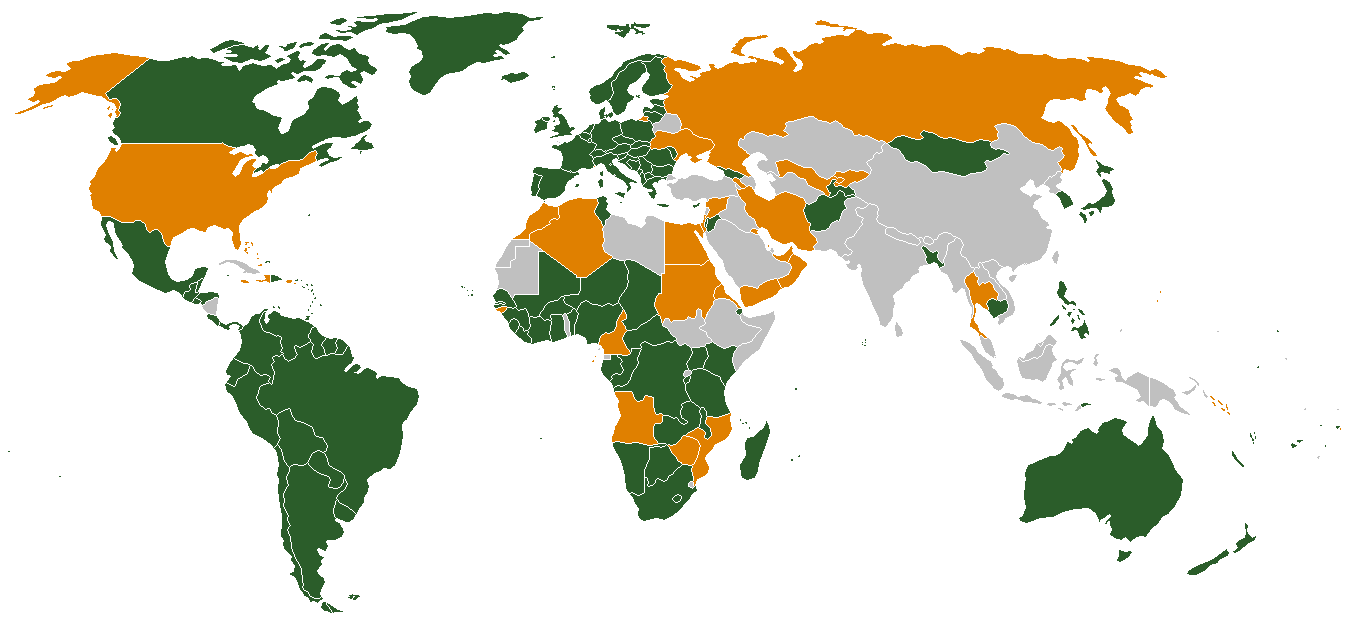The International Criminal Court's arrest warrant for Putin has direct consequences for him, Amnesty International's deputy director for Eastern Europe and Central Asia, Denis Krivosheev, told The Insider.
“This decision has big implications. The political ones came immediately, and we are already seeing their effect, including in the form of a global media resonance. And in the form of the importance of this decision as a precedent. Persons in respect of whom there are reasonable suspicions of involvement in war crimes in Ukraine should know that they are expected in the dock, and even the highest position will not be able to hide. Mr. Putin is now on the arrest list. And the legal consequences of the ICC decision is that the Rome Statute states (and not only) are now obliged to refuse to provide him with protection, but instead to comply with this decision and ensure his arrest within their jurisdiction, if he happens to be there, and transfer him into the hands of international criminal law.
Whether something prevented the issuance of the warrant before, and why it was issued recently and announced only now – this is a question for the ICC, not for us. I dare to suggest that not only the lawyers of Amnesty International have been racking their brains over the past few months on issues of international criminal law. But these are details that should not detract from the main message: those responsible for war crimes committed in Ukraine will have to answer, and the ICC’s decision in the current situation to start “from the very top” is commendable.”

Earlier it was reported that the International Criminal Court in The Hague issued arrest warrants for Putin, as well as for Maria Lvova-Belova, Commissioner for the Protection of Children's Rights in the Russian Federation. They are suspected of organizing the illegal export of children from the territory of Ukraine.


